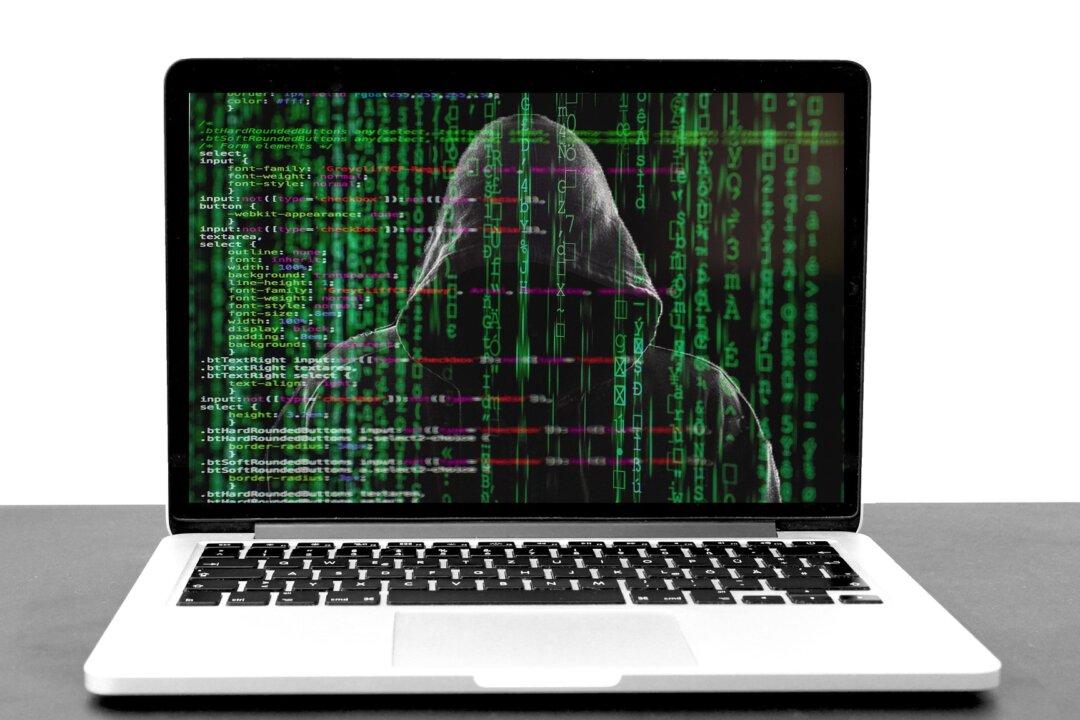Hackers are continuing to target Australia, with the latest attack on a major cancer clinic in Sydney demonstrating that institutions across the country are still falling behind well behind in their cybersecurity.
New South Wales (NSW) Health said they were alerted to a Medusa ransomware attack on the Crown Princess Mary Cancer Centre on Thursday and are investigating the issue.




